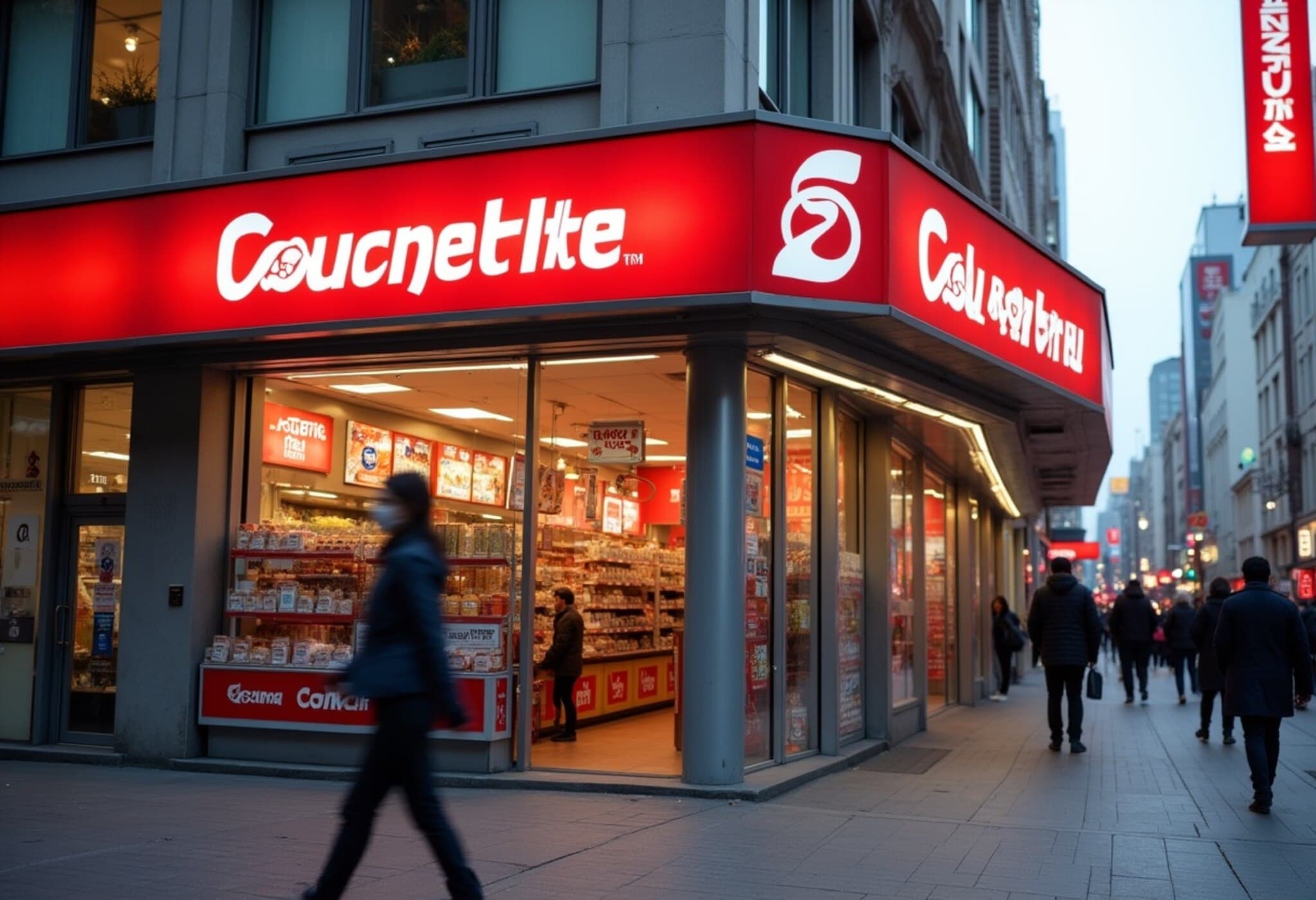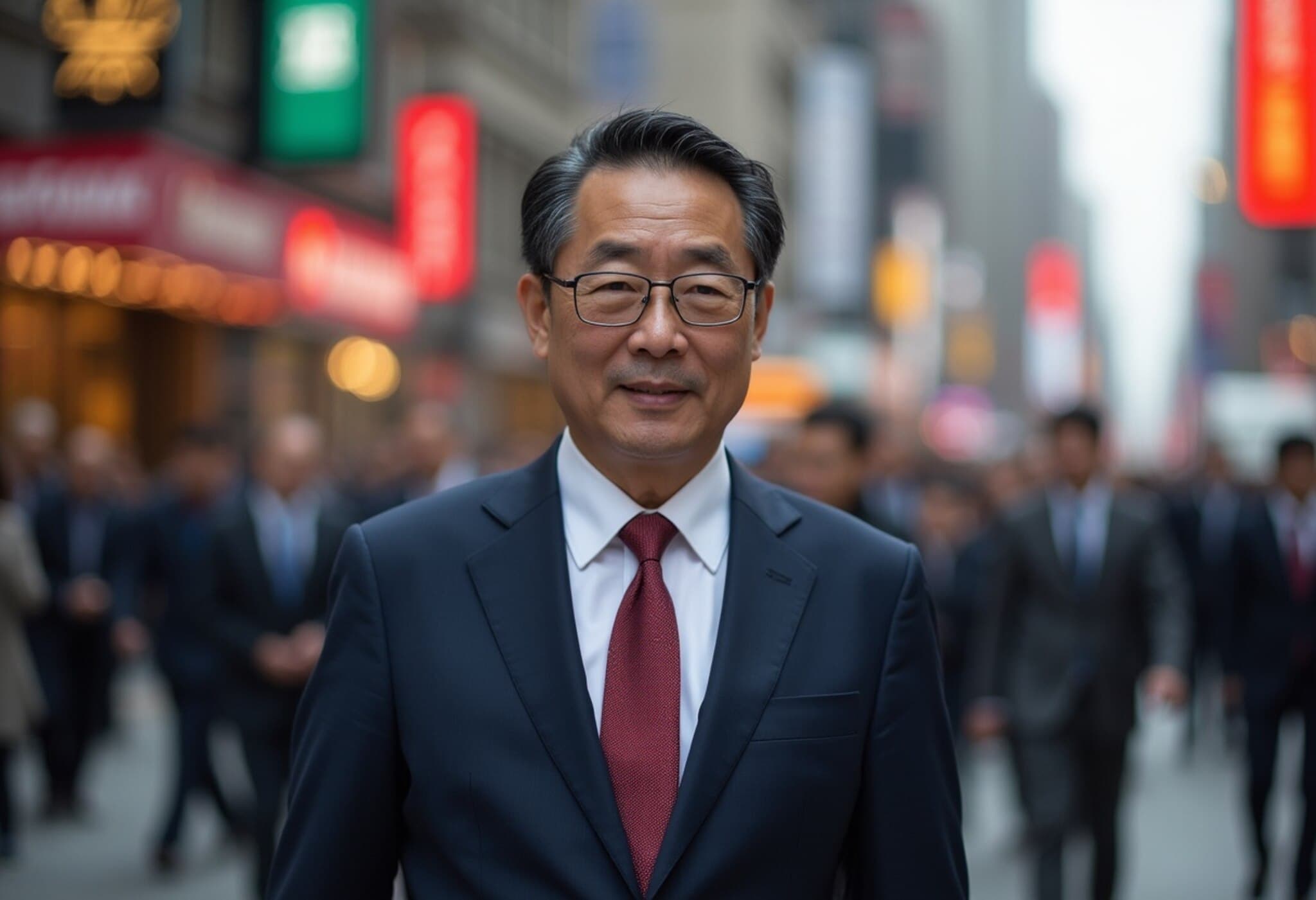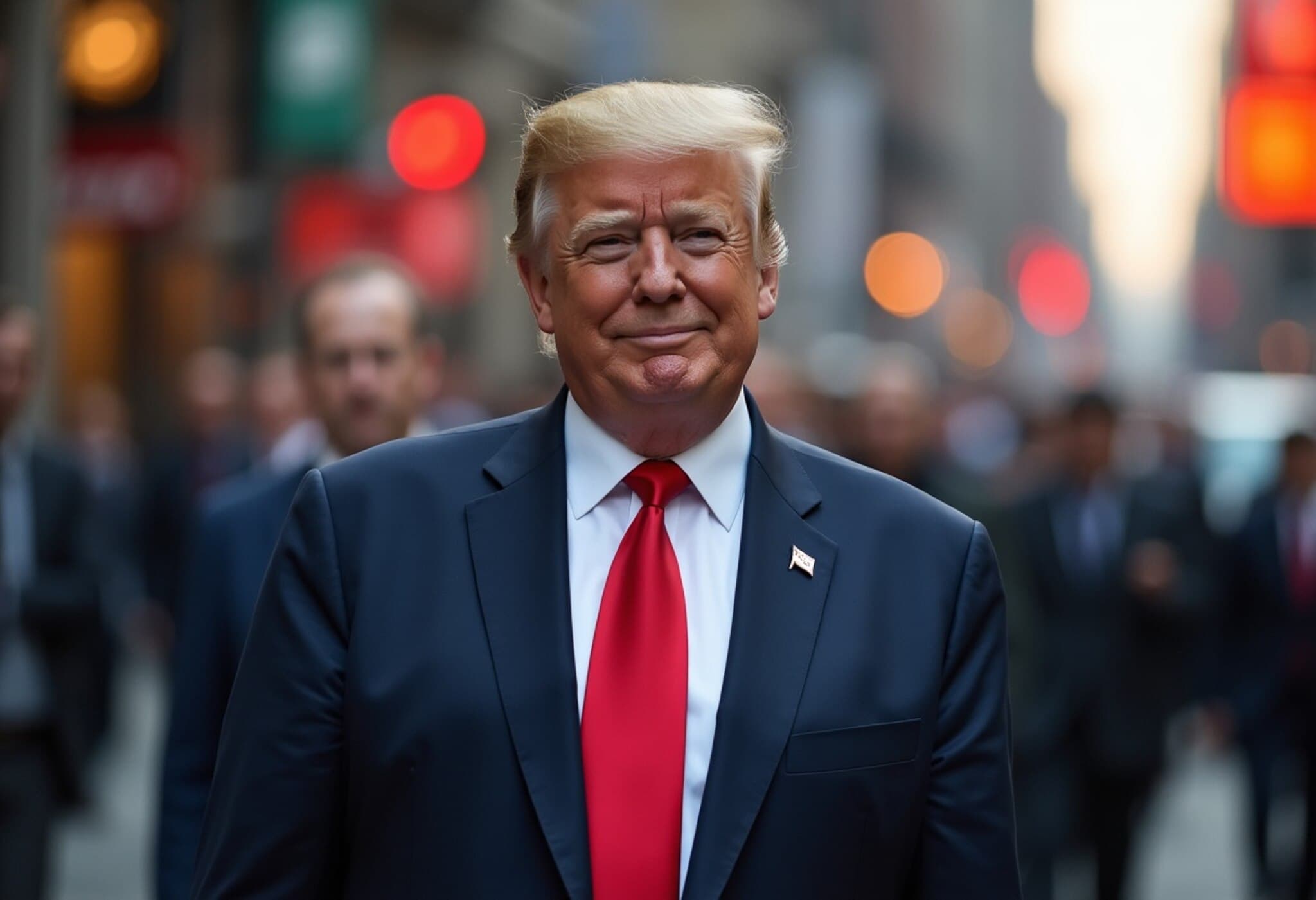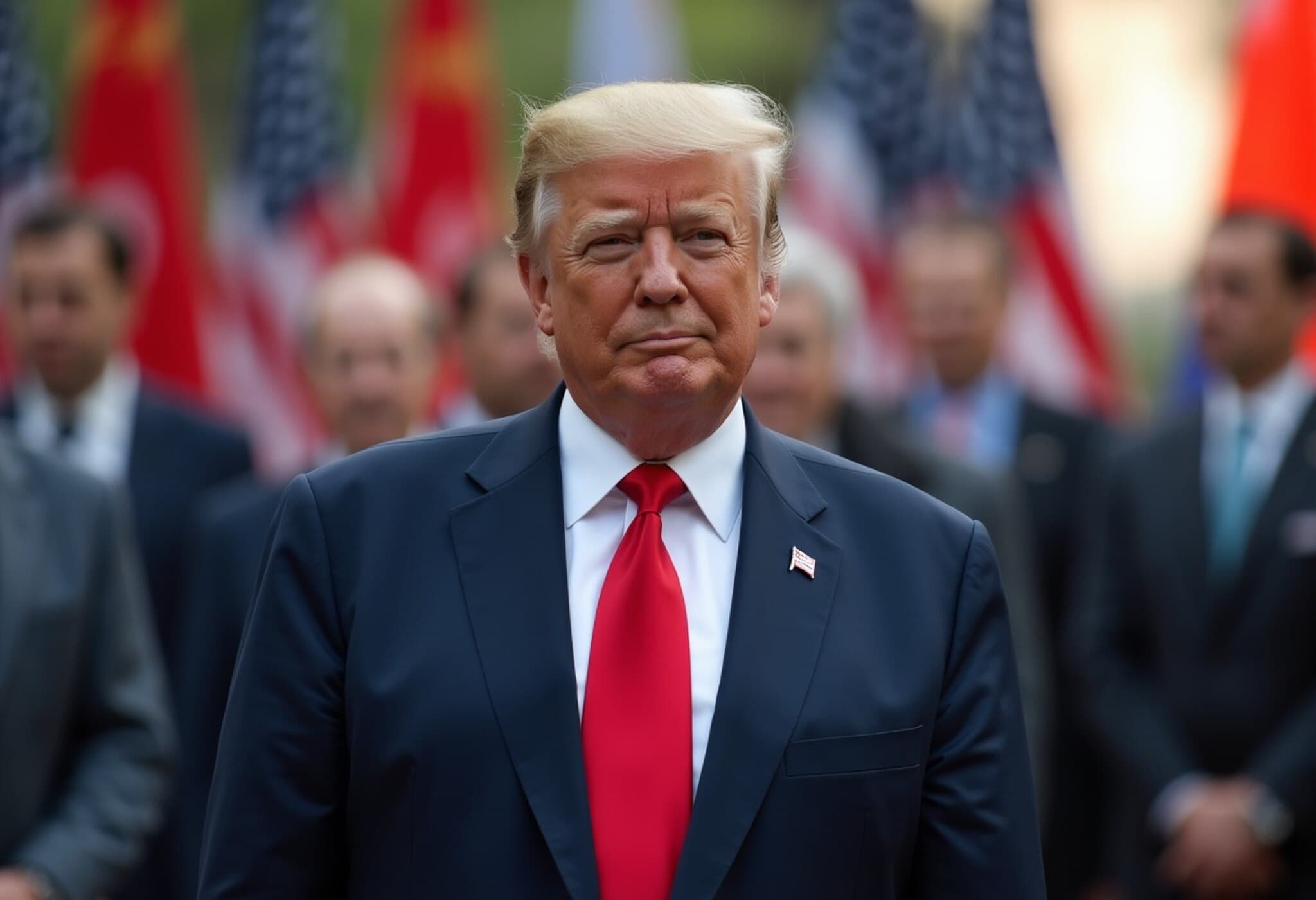Canadian Retailer Ends $47 Billion Takeover Attempt of Japan’s Seven & i
In a surprising turn of events shaking the global retail landscape, Alimentation Couche-Tard, a major Canadian convenience store operator, has officially withdrawn its ambitious $47 billion acquisition proposal for Japan’s Seven & i Holdings. The announcement came on Wednesday, July 16, 2025, sending ripples through international financial markets.
Breakdown of the Failed Deal
Couche-Tard’s decision to pull back its bid followed months of stalled negotiations and what the company described as a "persistent lack of good faith engagement" from Seven & i’s leadership. Notably, the Canadian firm had substantially increased its offer in October 2024, proposing $18.19 per share—a premium of over 22%—to value Seven & i at around 7 trillion Japanese yen, roughly translating to $47 billion.
Despite these efforts, Seven & i rejected the bid outright earlier in the year, emphasizing the deal’s misalignment with the company’s strategic direction. This setback, combined with what Couche-Tard labeled as insincere negotiations, ultimately led to the withdrawal.
An Exchange of Statements Reveals Underlying Tensions
The drama intensified as Seven & i publicly expressed disappointment over Couche-Tard’s "unilateral" termination of talks, denying several of the Canadian company’s claims and asserting that some statements were "inaccurate". The corporation, which operates the iconic 7-Eleven convenience stores in Japan and worldwide, positioned itself as a stalwart resistant to external overtures.
Market Impact and Trading Halt
In the wake of the announcement, shares of Seven & i were suspended on the Tokyo Stock Exchange before the market opened on Thursday. The Japan Exchange noted a need to verify the authenticity of media reports regarding the bid’s withdrawal. Trading resumed shortly after, causing a notable slump as investors absorbed the news.
Experts Weigh In: The Role of Japanese Market Protectionism
Andrew Jackson, head of Japanese equity strategy at Ortus Advisors, commented on the deal’s collapse, stating, "The moat of Japanese protectionism proved too much for Couche-Tard to cross."
He further explained that Seven & i is seen as "one of Japan’s most successful global companies," deeply embedded into the nation’s economic and security framework. This positioning makes such large-scale foreign acquisitions particularly difficult within Japan’s traditionally guarded corporate environment.
Leadership Changes Highlight Strategic Shifts
Compounding the complexity of negotiations, Seven & i underwent significant leadership changes earlier this year, replacing their CEO Ryuichi Isaka with an outside director. This move may signal a strategic reorientation aimed at maintaining autonomy and resisting foreign takeovers.
Contextualizing the Failed Bid: What Happens Next?
- For Couche-Tard: The withdrawal may prompt a reassessment of international expansion strategies, particularly in markets with high barriers to foreign investment.
- For Seven & i: Reinforcing its independent path, focusing on expanding its domestic and international footprint without relinquishing control.
- For Investors: Highlights the delicate balance between globalization and national economic interests in Japan, inviting scrutiny of future cross-border M&A activities.
The situation also reignites broader questions about how non-Japanese companies can navigate the complex regulatory, cultural, and security-related nuances inherent in Japan’s business ecosystem.
Editor’s Note
This failed takeover bid underscores the broader challenges faced by international businesses aiming to integrate with Japan’s storied yet protective corporate giants. While globalization encourages cross-border mergers, Japan’s unique business culture and regulatory environment serve as significant gatekeepers. Observers and investors should watch closely the evolving dynamics between foreign acquirers and Japanese firms, especially in sectors closely tied to national identity and security. Will Japan’s strategic sectors remain insulated, or will the tides of global capital eventually forge partnerships that balance openness with sovereignty? The answers will shape the future of international commerce in the Asia-Pacific.
— Written by an experienced analyst specializing in Asian markets and global retail convergence.



















